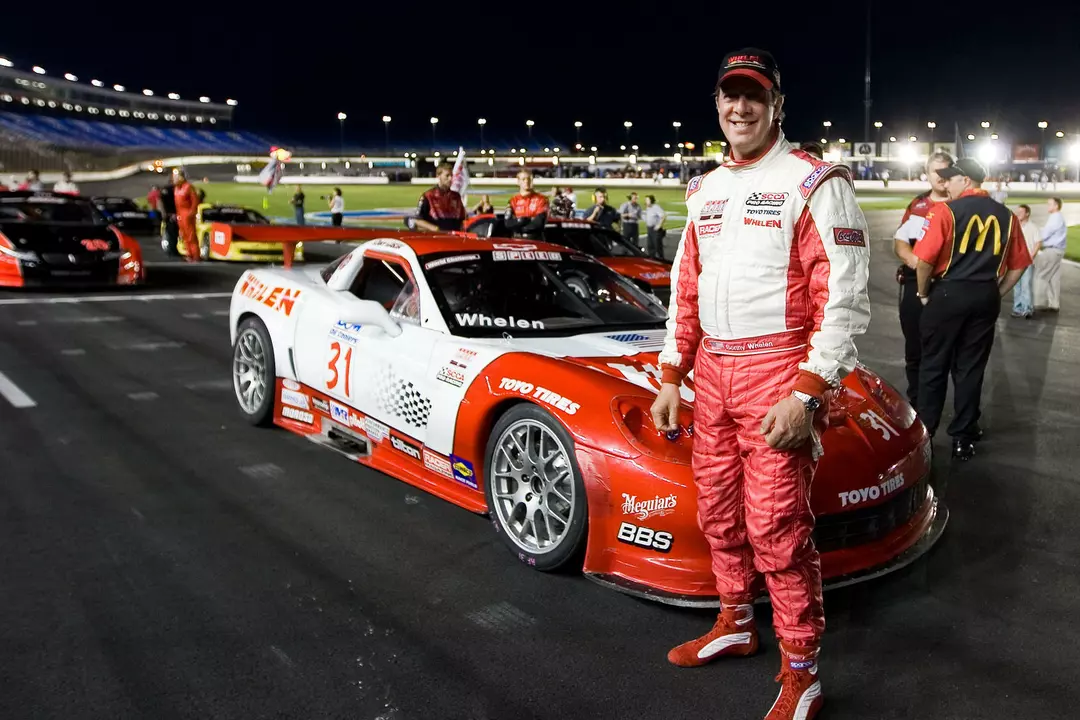Dreaming of the Fast Lane: Pursuing a Career in Auto Racing
Ever since I can remember, I've been fascinated by the world of auto racing. The adrenaline rush, the smell of burning rubber, and the sound of engines roaring have always been an irresistible attraction. But, how does one actually become a racecar driver? What does it take to succeed in this high-speed, high-stakes sport? In this article, I'll be exploring the steps and skills needed to make your dream of becoming a racecar driver a reality.
Getting Started: Building a Solid Foundation in Karting
Before you can even think about strapping yourself into a high-powered racecar, you'll need to begin by honing your skills in the more accessible world of karting. Karting provides an excellent introduction to the fundamentals of racing, such as learning racing lines, car control, and racecraft. Many professional racecar drivers started their careers in karting, including Formula 1 legends like Ayrton Senna and Lewis Hamilton.
As a beginner, getting involved in karting is as simple as finding a local karting track and participating in an arrive-and-drive program. These programs typically provide rental karts and all the necessary safety gear, allowing you to get a feel for the sport without making a significant financial investment. Once you've developed a passion for karting and have decided to take your racing ambitions to the next level, it's time to consider purchasing your own kart and participating in regional or national karting championships.
Investing in Your Racing Future: Obtaining the Necessary Licenses and Training
After gaining experience and success in the world of karting, the next step is obtaining the necessary licenses and training to compete in more advanced racing categories. To do this, you'll need to enroll in a racing school, where you'll learn advanced driving techniques, race strategy, and car setup.
Upon completion of your racing school program, you'll need to apply for a racing license from a governing body like the Fédération Internationale de l'Automobile (FIA) or Sports Car Club of America (SCCA). Obtaining a racing license typically requires passing a written test, demonstrating your on-track skills, and proving your knowledge of racing safety and regulations.
It's important to note that many racing schools offer comprehensive programs that include both the necessary training and the opportunity to earn your racing license upon completion. Do your research to find a reputable racing school that best aligns with your goals and budget.
Finding Your Niche: Choosing the Right Racing Category
Once you've obtained your racing license, it's time to decide which racing category you'd like to pursue. Auto racing is a diverse sport, with various types of vehicles and racing disciplines to choose from. Some popular categories include:
- Single-seater racing (e.g., Formula 1, IndyCar)
- GT racing (e.g., IMSA WeatherTech SportsCar Championship)
- Stock car racing (e.g., NASCAR)
- Rally racing (e.g., World Rally Championship)
Securing Sponsorship: Funding Your Racing Career
As you progress through the ranks of auto racing, the financial investment required to compete at a high level can be significant. Expenses such as race entry fees, car maintenance, and travel costs can quickly add up. To help offset these costs, many aspiring racecar drivers seek sponsorship from companies willing to financially support their racing career.
Securing sponsorship can be a challenging process, as you'll need to demonstrate your value to potential sponsors both on and off the track. This includes not only your racing ability but also your marketability, professionalism, and ability to represent a brand in a positive light. Networking within the racing community, attending industry events, and building a strong social media presence are all essential components of attracting sponsorship opportunities.
Never Stop Learning: Continuously Improving Your Skills
Auto racing is an incredibly competitive sport, with countless drivers all vying for a limited number of opportunities to compete at the highest level. To give yourself the best chance of success, it's essential to never stop learning and improving your skills as a driver.
Attend advanced driving courses, work with experienced coaches, and analyze your on-track performance to identify areas for improvement. Also, take advantage of sim racing technology, which has become a valuable tool for many professional drivers to practice and sharpen their skills in a virtual environment.
Ultimately, becoming a successful racecar driver requires a combination of talent, determination, and hard work. By following the steps outlined in this article and dedicating yourself to the pursuit of excellence, you can make your dream of a career in auto racing a reality.






Write a comment